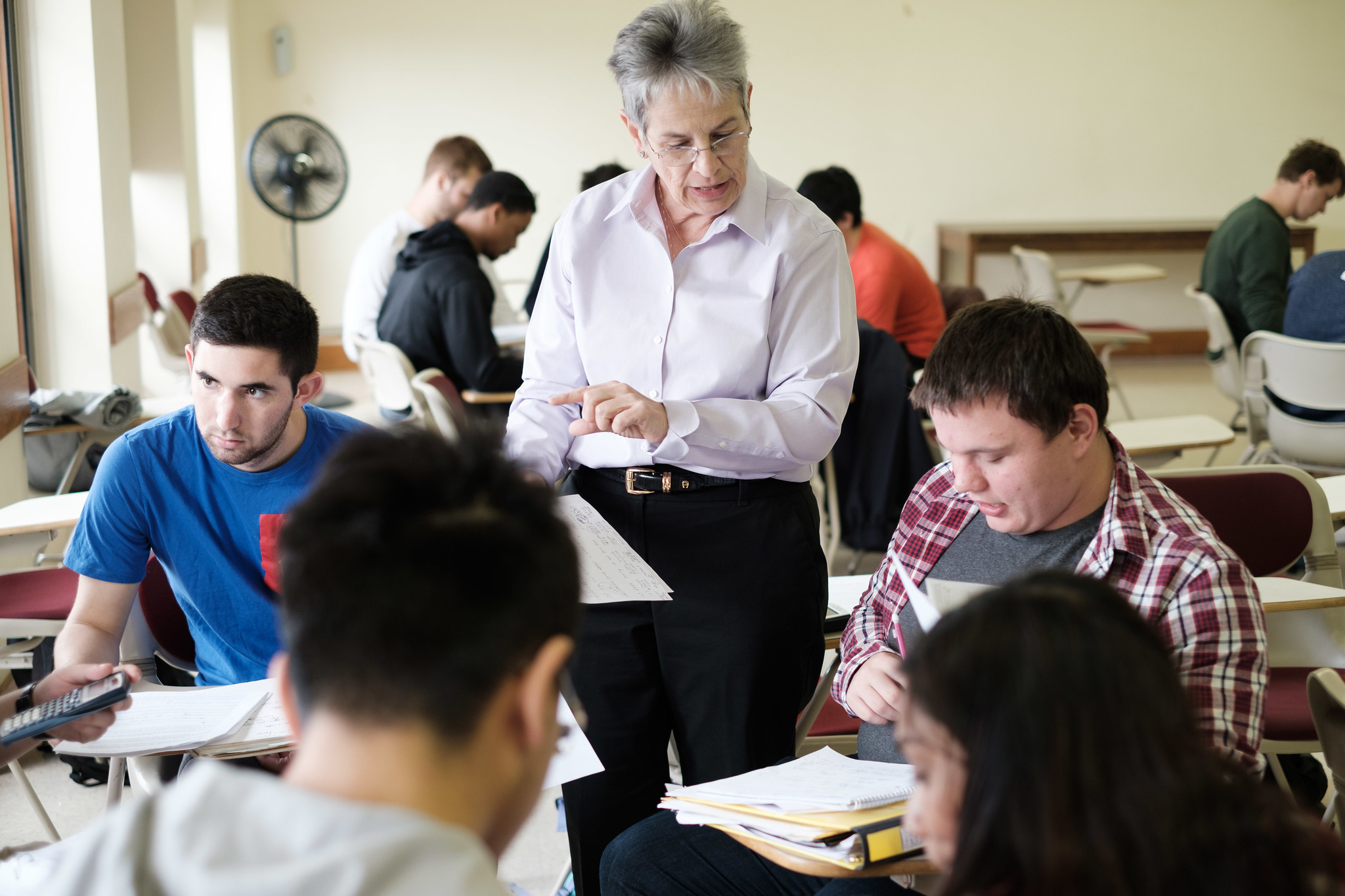Lightweight Teams

Lightweight teams are student groups that work together collaboratively during a course, but unlike typical groups, their grades are determined by individual effort (Latulipe et al., 2015). For example, team members may consult with one another, but then complete formative or summative assessments individually. This grouping strategy capitalizes on peer instruction and the social aspects of learning, while reducing the stressors that can occur when student grades are high-stakes, and mostly dependent on the contributions of team members. The approach has been used in flipped classrooms, and can be combined with other teaching methods (MacNeil et al., 2016).
Recommendations
How many students per team?
Groups of 4 students in general are suitable for group projects. Some report having up to 5 students per group for lightweight teams (Latulipe et al., 2015).
How can students be grouped?
Use a random grouping function in the institutional learning management system or other platform (e.g. CATME) to create teams. Lafayette has an institutional license for CATME. As feasible, arrange teams so that females have at least one other female in their group to avoid isolation. Do similarly with students from underrepresented groups if possible. Encourage students to come up with a name for their team on the first day. Consider creating team seating arrangements for courses composed mostly of freshmen.
What are example individual assessments?
In flipped courses, quizzes delivered in the learning management system prior to class can motivate students to complete pre-class assignments. These quizzes are typically worth a small percentage of a students’ total course grade (e.g. 5 – 10%) and are one example of an individual assessment. In general, groups can be consulted prior to posing questions using polling software (e.g. Poll Everywhere, Kahoot, etc.) or before completing another assignment.
References
Latulipe C, Long NB, Seminario CB. (2015). Structuring Flipped Classes with Lightweight Teams and Gamification. Proceedings of the 46th ACM Technical Symposium on Computer Science Education, 392-397. https://dl.acm.org/citation.cfm?id=2677240
MacNeil S, Latulipe C, Long B, Yadav A. (2016). Exploring Lightweight Teams in a Distributed Learning Environment. Proceedings of the 47th ACM Technical Symposium on Computing Science Education, 193-198. https://doi.org/10.1145/2839509.2844577